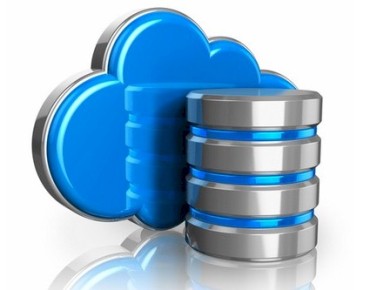Rackspace Adds MySQL Services, More Databases Coming

Rackspace has expanded its managed cloud services, adding two open source variants of the MySQL database along with plans to add another database to its support list by mid-August.
MariaDB and Pecona Server are being added to Rackspace's list of supported databases in response to requests from application developers as these open source databases gain in popularity.
The moves are part of Rackspace's strategy to promote "operationalization of databases" that allows customers to both deploy and operate databases on Rackspace's managed cloud infrastructure, according to Josh Odom, the company's director of cloud platform product development.
Odom added in an interview that Rackspace expects to deploy a third open source database in August once testing is completed. Others will likely follow. "This is an area of constant development for us," Odom stressed.
Managed cloud services companies are increasingly focusing on making it easier for customers to deploy as well as operate applications and databases in the cloud. A few years ago, it was relatively simple to deploy, for example, relational databases. Today, deployment remains relatively straightforward, but scaling applications has grown more difficult. Hence, providers like Rackspace are zeroing on automating deployment while assisting customers by supporting more applications like open source databases once they are up and running.
The San Antonio-based company said it would support MariaDB and Percona Server through its Rackspace Cloud Databases. Each database configured with the MySQL replacements would operate on infrastructure optimized for customers. Rackspace provides redundant storage, power, and networking. It is also offering round-the-clock database monitoring.
"Applications today are generating more and more data, and every application developer is dealing with a data headache," Chris Lalonde, the company's senior director of product development, said in a statement. "Our goal is to simplify developers' and operators' lives by making scaling and performance problems a thing of the past."
Indeed, scaling remains a key pain point for application developers, Odom added. Hence, Rackspace's strategy of expanding support for open source databases would help boost performance to leverage, for example, virtualized containers, as a way to speed the scaling of applications.
Last month, the cloud services provider unveiled a "managed cloud" strategy built around new service levels and a pricing model aimed at businesses looking for single- or multi-tenant servers, or a combination of those platforms, through a hybrid model.
The new pricing model unveiled July 15 attempts to differentiate Rackspace from commodity cloud service providers like Amazon Web Services. It does so by breaking out prices for cloud infrastructure as separate from service and support costs.
As cloud services become commoditized, Rackspace said it is shifting away from attempting to compete with Amazon Web Services and other major raw infrastructure suppliers to the and focusing on the managed cloud segment of the market.
Earlier this month, Rackspace announced it would offer capacity on its OnMetal bare metal service, adding that it said could deliver a price and performance advantage over other cloud services running atop hypervisors.
Related
George Leopold has written about science and technology for more than 30 years, focusing on electronics and aerospace technology. He previously served as executive editor of Electronic Engineering Times. Leopold is the author of "Calculated Risk: The Supersonic Life and Times of Gus Grissom" (Purdue University Press, 2016).











